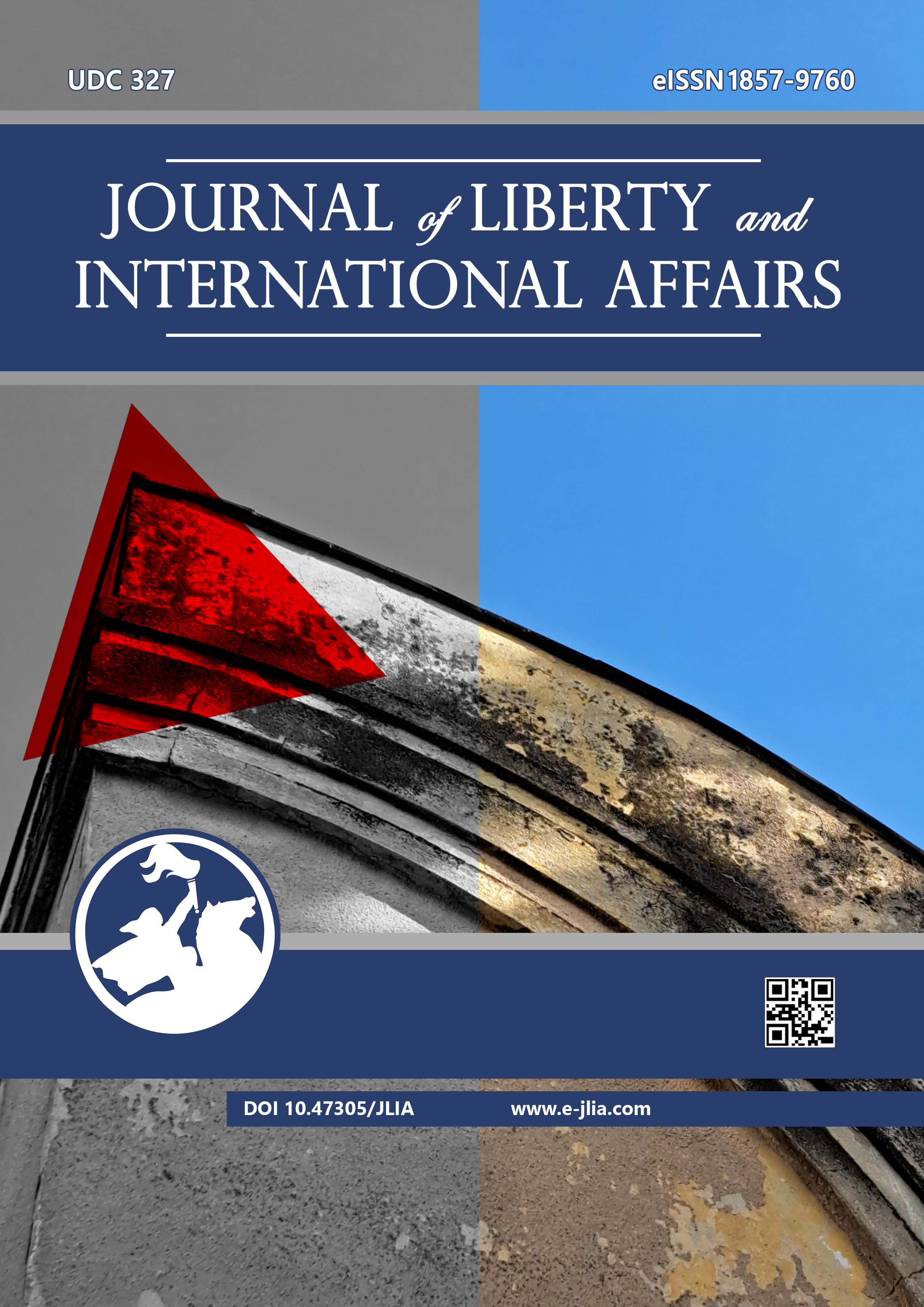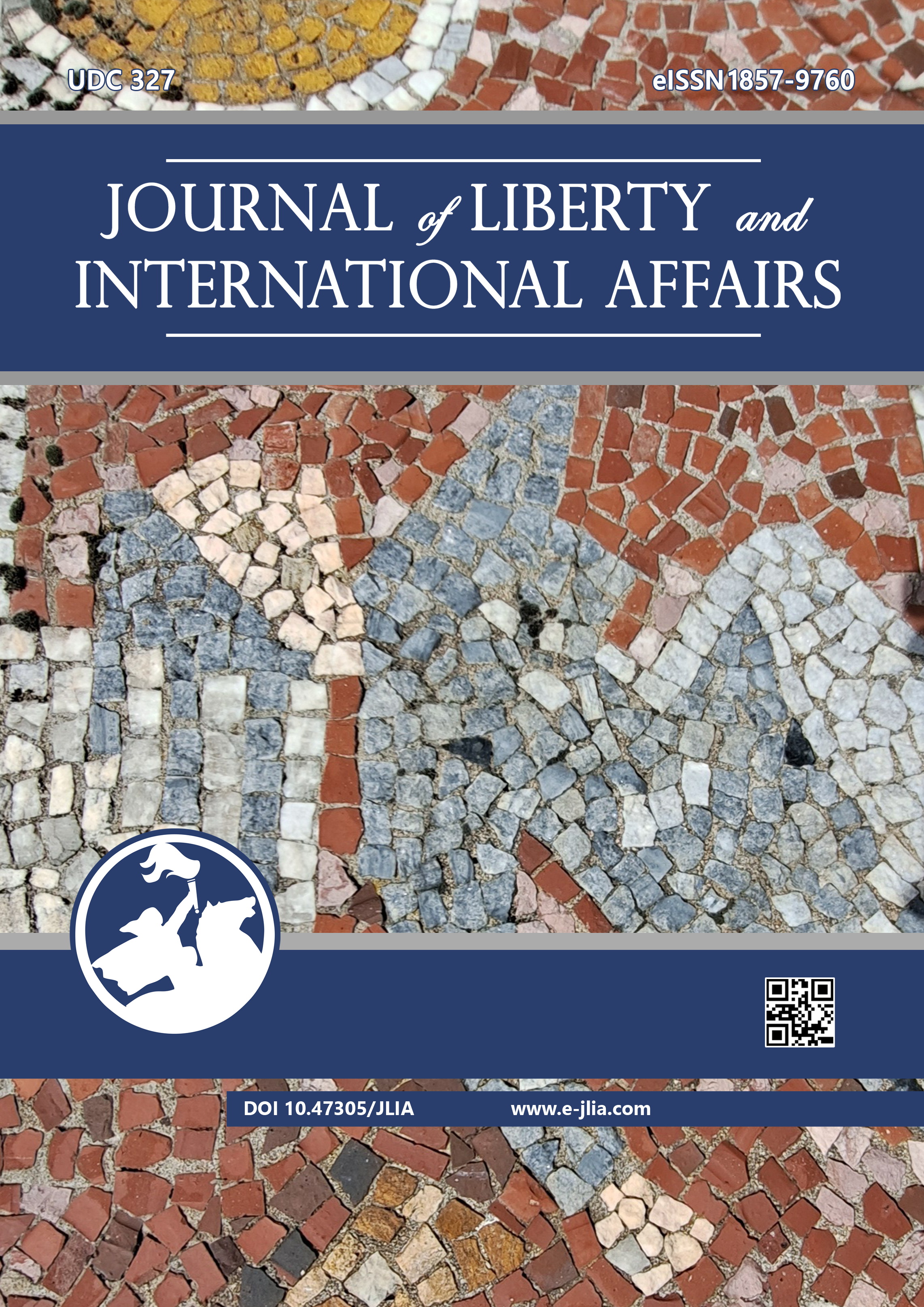
COMBATING CROSS-BORDER ORGANIZED CRIME IN THE BORDER REGION OF THE STATE: STRATEGY DEVELOPMENT METHODOLOGY
The article describes the methodology for the following successive stages: data collection on cross-border organized crime; analysis of the impact of PEST factors of the border region on the number of cross-border crimes committed by organized criminal groups; generalization and analysis of parameters for assessing the capabilities of organized criminal groups; assessment of the level of capabilities of organized criminal groups to commit cross-border crimes; passporting of organized criminal groups specializing in cross-border crimes; modeling of scenarios of the development of organized criminal groups illegal activities by types of cross-border crimes; selection of options for fighting cross-border organized crime by the targeted impact on organized criminal groups. The strategy envisages a complex of the following measures: rapid (operational) interventions in critical situations; anti-crisis measures of the border guard operation to neutralize threats; other regime and control measures to strengthen the protection of the state border; standard planned and preventive measures; measures of sustainable development of the border security system. Implementing the methodology in practice enables the development of a strategic approach to effectively utilize the resources of state law enforcement agencies in combating cross-border crime.
More...

